Dialogue cannot exist, however, in the absence of a profound love for the world and its people
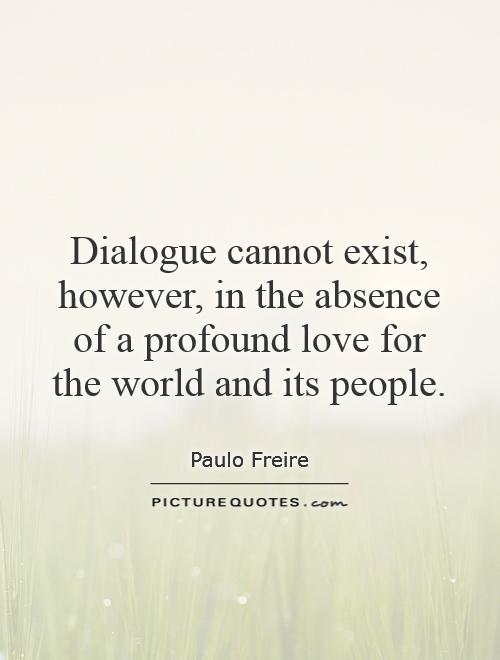
Dialogue cannot exist, however, in the absence of a profound love for the world and its people
Paulo Freire, a Brazilian educator and philosopher, is best known for his critical pedagogy and his emphasis on dialogue as a means of liberation and empowerment. In his seminal work, "Pedagogy of the Oppressed," Freire argues that true dialogue cannot exist without a profound love for the world and its people. This love, according to Freire, is essential for fostering genuine communication, understanding, and solidarity among individuals.For Freire, dialogue is not simply a tool for exchanging ideas or information; it is a transformative process that requires a deep connection to the world and a genuine concern for the well-being of others. In the absence of this love, dialogue becomes superficial, transactional, and ultimately ineffective in addressing the root causes of oppression and inequality.
Freire's concept of dialogue is rooted in his belief that education should be a collaborative and participatory process that empowers individuals to critically reflect on their own experiences and the social structures that shape their lives. Through dialogue, individuals are able to challenge dominant narratives, question oppressive systems, and work together to create a more just and equitable society.
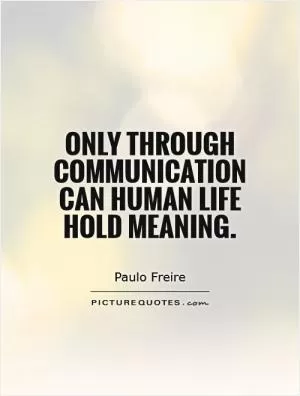
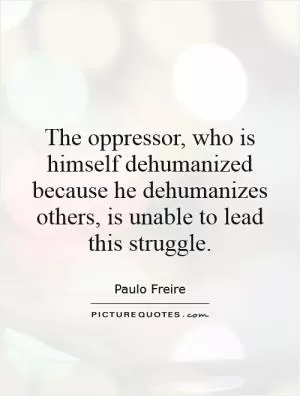
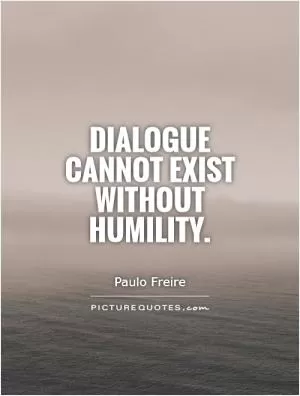
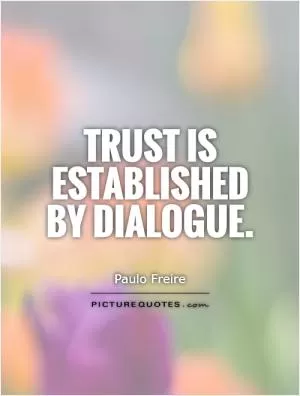
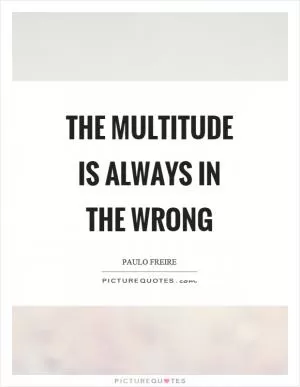
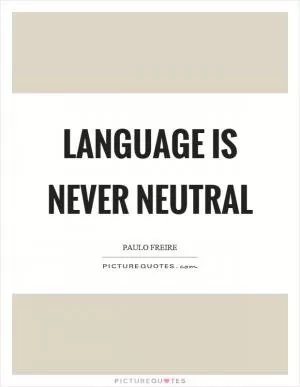
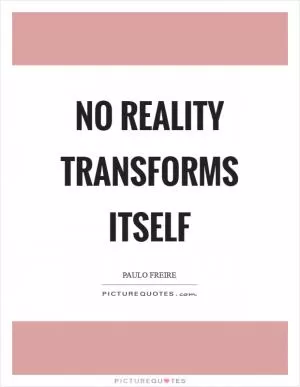
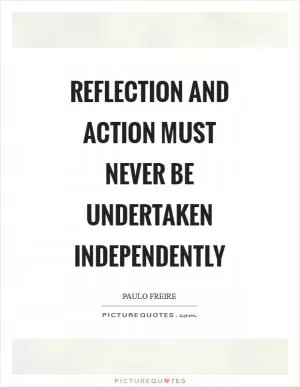
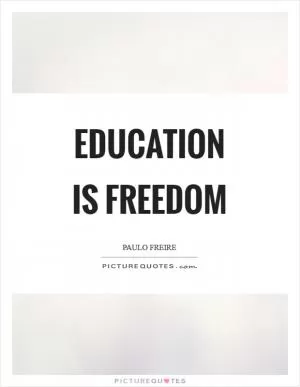
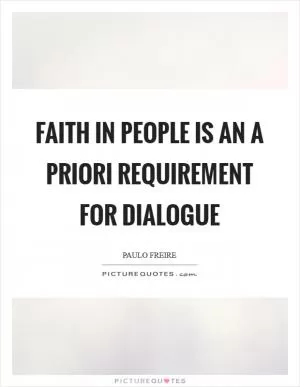
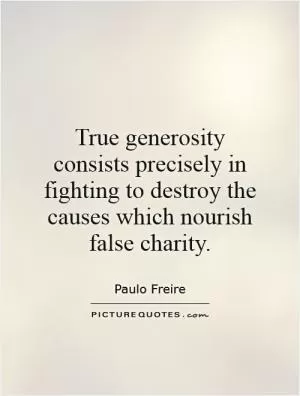
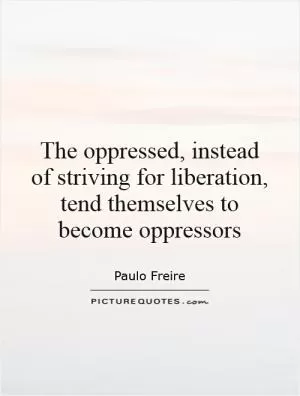
 Friendship Quotes
Friendship Quotes Love Quotes
Love Quotes Life Quotes
Life Quotes Funny Quotes
Funny Quotes Motivational Quotes
Motivational Quotes Inspirational Quotes
Inspirational Quotes